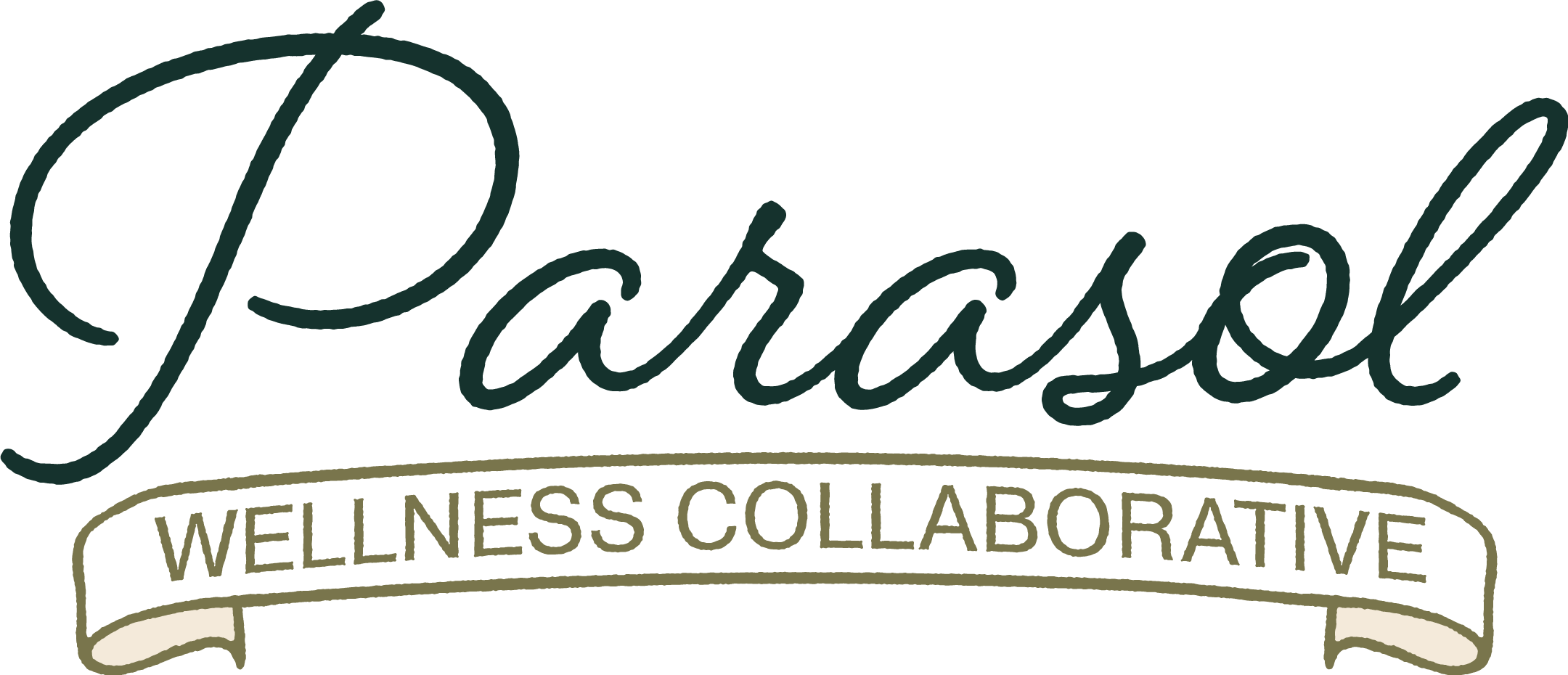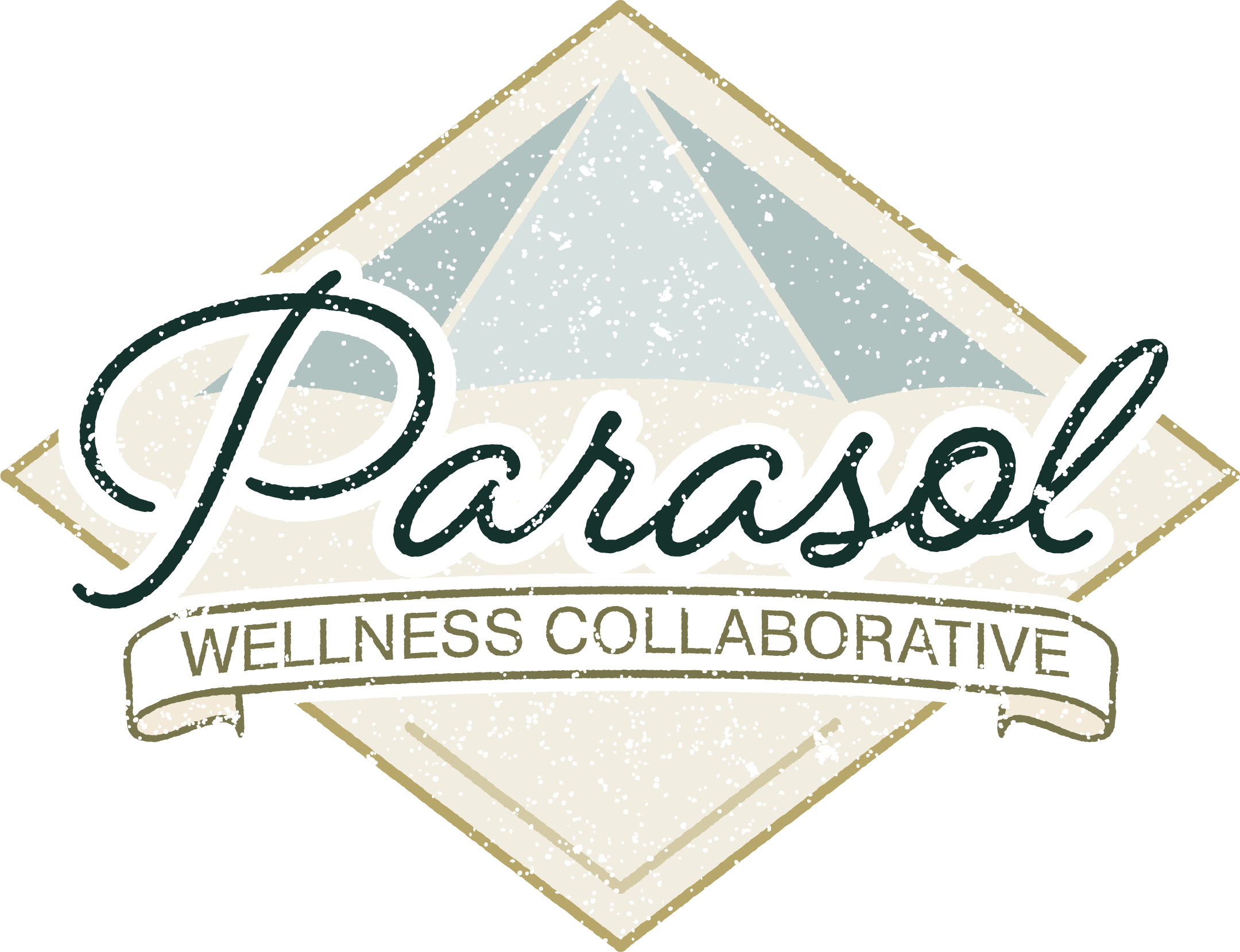Thankfulness and Gratitude – Not Just for Thanksgiving, for your Relationship too!
By Mel Koenen, LAMFT We know that gratitude changes the brain. Wait, you didn’t know that? Check out this article: Gratitude Alters Heart and Brain. FASCINATING stuff, am I right? It is relatively easy to incorporate gratitude into your everyday life when you think about…


